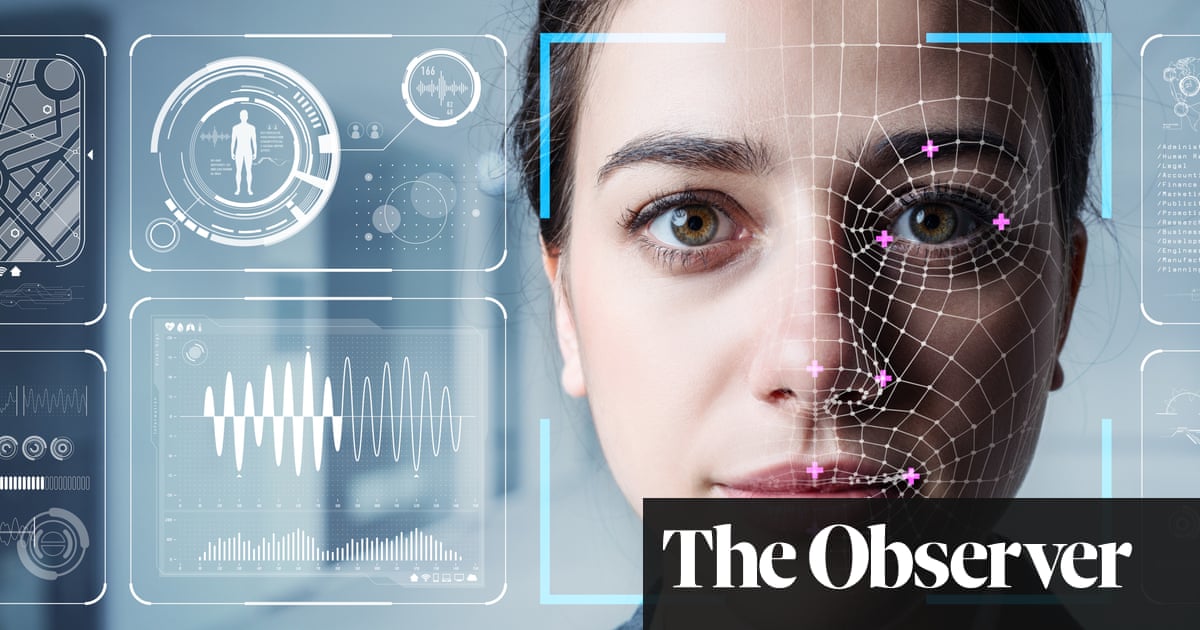- cross-posted to:
- technology@kbin.social
- cross-posted to:
- technology@kbin.social
The recently-departed watchdog in charge of monitoring facial recognition technology has joined the private firm he controversially approved, paving the way for the mass roll-out of biometric surveillance cameras in high streets across the country.
In a move critics have dubbed an “outrageous conflict of interest”, Professor Fraser Sampson, former biometrics and surveillance camera commissioner, has joined Facewatch as a non-executive director.
Sampson left his watchdog role on 31 October, with Companies House records showing he was registered as a company director at Facewatch the following day, 1 November. Campaigners claim this might mean he was negotiating his Facewatch contract while in post, and have urged the advisory committee on business appointments to investigate if it may have “compromised his work in public office”. It is understood that the committee is currently considering the issue.



This is the best summary I could come up with:
The recently-departed watchdog in charge of monitoring facial recognition technology has joined the private firm he controversially approved, paving the way for the mass roll-out of biometric surveillance cameras in high streets across the country.
Facewatch uses biometric cameras to check faces against a watch list and, despite widespread concern over the technology, has received backing from the Home Office, and has already been introduced in hundreds of high-street shops and supermarkets.
Mark Johnson, advocacy manager at Big Brother Watch, said the hiring of Sampson painted a “murky picture.” He added: “It cannot be acceptable for those in taxpayer-paid oversight roles to negotiate contracts with the very companies they scrutinise while still in post.”
However, Sampson said that after the government proposed abolishing his post, he wrote publicly to the home secretary on 1 August, giving three months’ notice, after which he received a formal approach to join Facewatch.
In March this year, Sampson awarded Facewatch its certification mark for meeting all requirements of the surveillance camera code of practice specifically for the use of live facial recognition.
Big Brother Watch pointed out that Sampson’s decision to certify Facewatch came during an investigation by the Information Commissioner’s Office which had “identified various areas of concern” over the use of people’s personal data.
The original article contains 610 words, the summary contains 212 words. Saved 65%. I’m a bot and I’m open source!